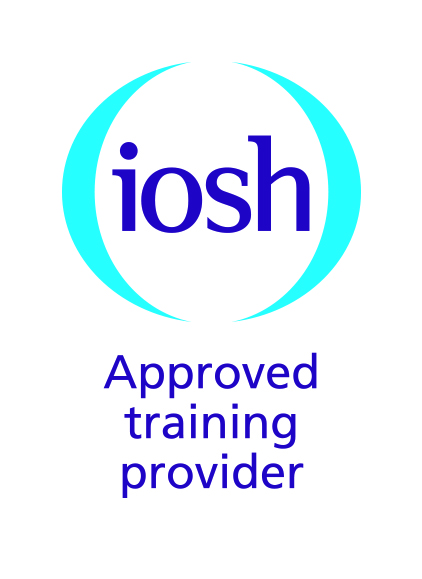Engineering Apprenticeships
General Information
- Apprenticeships take between 2 and 4 years.
- Training takes place initially in our own well-equipped Training Centres - 42 weeks full time for Level 3 or 20 weeks in blocks for Level 2
- Apprentices gain additional qualifications including First Aid and Functional Skills and attend regular physical activities, including a one week residential course.
-
Engineering operatives use hand and machine tools to do jobs across different industries. Types of occupations:
Machine Setter/operative
Mechanical engineering operative
Fabricator
Engineering Fitter
Technical Support Operative
-
Welding is an important area of Engineering, from development right through to production. Welders are responsible for:
- setting and operating welding equipment and machinery
- completing inspections to ensure compliance to national standards for weld quality
- understanding and producing a variety of welded joints
- Preparing materials ready to join by cutting, bending and folding
-
Machining is a key area of engineering support for many manufacturing processes. Machining can be roughly defined as the process of removing material from a workpiece, using power-driven machine tools to shape it into an intended design, either by hand or using a computer
Machinists will:
- Manufacture using own initiative and design or interpret customer requirement.
- Understand and use a variety of hand and machine tools.
- Produce diagrams and programmes confirming to British and International standards and to customer specifications.
- Modify and control CNC (Computer Numerical Controlled) programmes
-
Engineering Fitters are responsible for assembling materials and parts using instructions and appropriate tools.
This role involves:- Read and interpret drawings and specifications.
- Inspect wiring installations, mechanical assemblies and electronic circuits.
- Adjust, repair and correct defects.
- Test product to ensure conformance to specifications.
-
Maintenance Engineers are a key part of the team, they ensure production continues efficiently. A mechatronics engineer unites the principles of mechanics, electronics, and computing to generate a simpler, more economical and reliable system, for example robotic manufacturing.
This role consists of:
- Installing machinery and advanced equipment
- Fault finding, testing and monitoring
- Repairing and replacing components
- Ongoing improvement and preventative maintenance planning
-
Although production processes and products are carefully designed, it is often necessary to adapt for market, technology or customer reasons.
Product design and development engineers are responsible for managing design, prototyping, and testing a product's development
Productions Engineers will:
- Establish areas for improvement
- Review quality and efficiency of existing products and processes
- Demonstrate benefits of proposals, including costings
- Work with the customer and productions teams
-
Technical Support Engineers develop and create Engineering products.
This role involves:
- Working to meet customer specifications
- Understand methods for designing projects
- Analyse designs against the brief
- Produce detailed design drawings
-
Toolmaking is a key area of engineering support for many manufacturing processes. Toolmakers make precision tools like jigs, dies and moulds that are used by engineering craftspeople in a manufacturing process.
Toolmakers will:
- Manufacture using own initiative and design or interpret customer requirement.
- Understand and use a variety of hand and machine tools.
- Produce diagrams and programmes confirming to British and International standards and to customer specifications.
Career Options
- Computer Aided Design Engineer
- Project Engineer
- Quality or Test Engineer
- Electronics Engineer
- CNC Machinist programmer
- Toolmaker / Machinist
- Multi Skilled Maintenance Technician
- Welder / Fabricator
Entry requirements
- Grade 5 or above Maths plus at least 4 further GCSE’s at grade 4 or above.
- Commitment, determination and enthusiasm!
Recruitment
- Apply to HWGTA by carefully completing our application form
- All applicants undergo assessment and interviews
- Recruitment is between December and July. Apprenticeship starts in September.
- Companies make the final recruitment decision and all Apprenticeship places are employed positions.


















